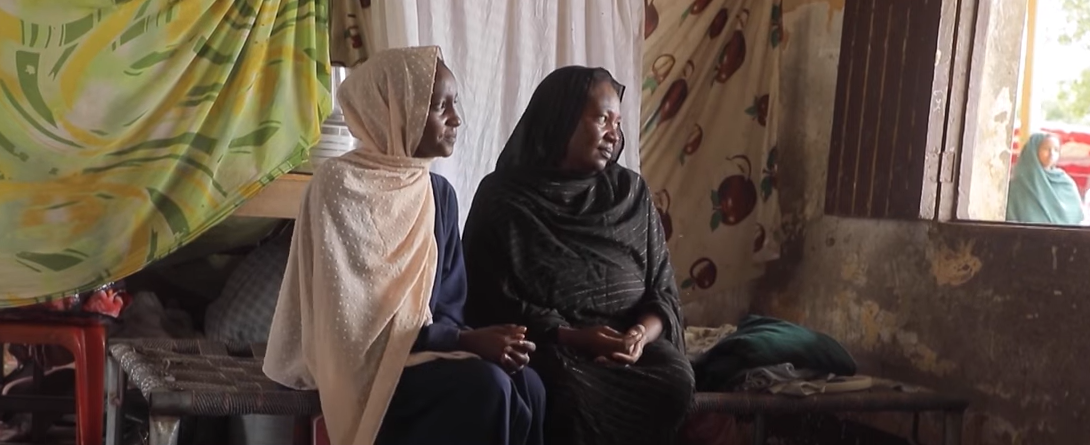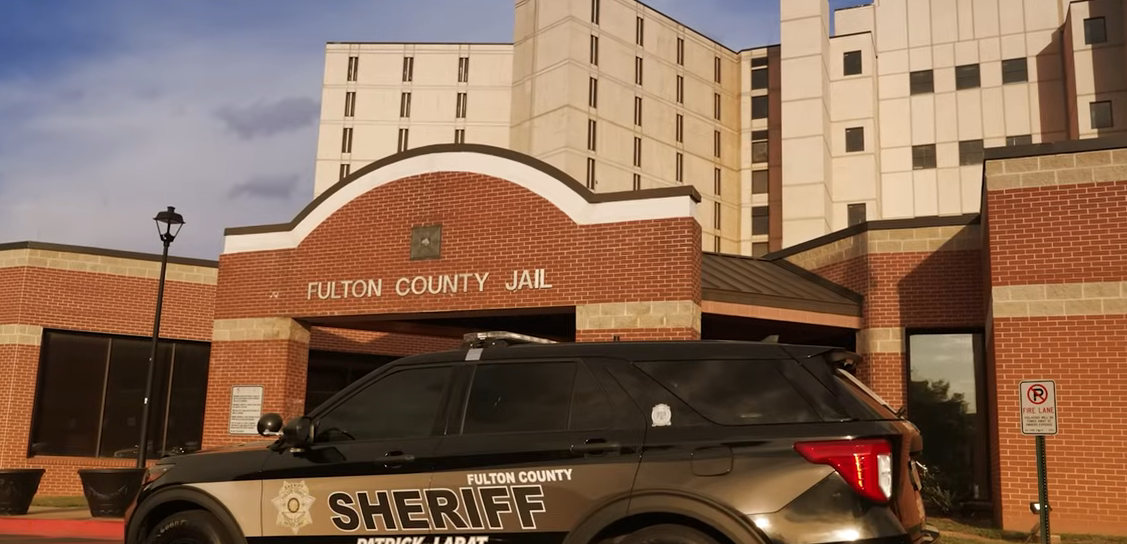Photo of a doctor pretending to “treat” a patient
Tuskegee University will commemorate the 16th anniversary of former President Bill Clinton’s apology for the U.S. Public Health Service Syphilis Study, on April 2-5.
Dr. M. Joycelyn Elders, 15th U.S. Surgeon General, will deliver the keynote address at the commemoration luncheon Friday, April 5. The infamous study known as the “Tuskegee Experiment,” from 1932-1972, Black men in Macon County, Alabama who participated in the study were denied adequate treatment for syphilis and their health as well as that of their families suffered for decades.
Annually, the university seeks to honor the victims of the study by addressing public health and ethics issues. This year, the Tuskegee University National Center for Bioethics in Research and Health Care will hold several events including a violence prevention forum for Macon County students, April 4.
[Black Star News Editor’s Note: The Tuskegee syphilis experiment was an infamous clinical study conducted between 1932 and 1972 by the U.S. Public Health Service to study the natural progression of untreated syphilis in rural black men who thought they were receiving free health care from the U.S. government.
The Public Health Service, working with the Tuskegee Institute, began the study in 1932. Investigators enrolled in the study a total of 600 impoverished sharecroppers from Macon County, Alabama; 399 who had previously contracted syphilis before the study began, and 201 without the disease.
For participating in the study, the men were given free medical care, meals, and free burial insurance. They were never told they had syphilis, nor were they ever treated for it. According to the Centers for Disease Control, the men were told they were being treated for “bad blood”, a local term for various illnesses that include syphilis, anemia, and fatigue.—Source Wikipedia]
For more information: www.tuskegee.edu/bioethics










